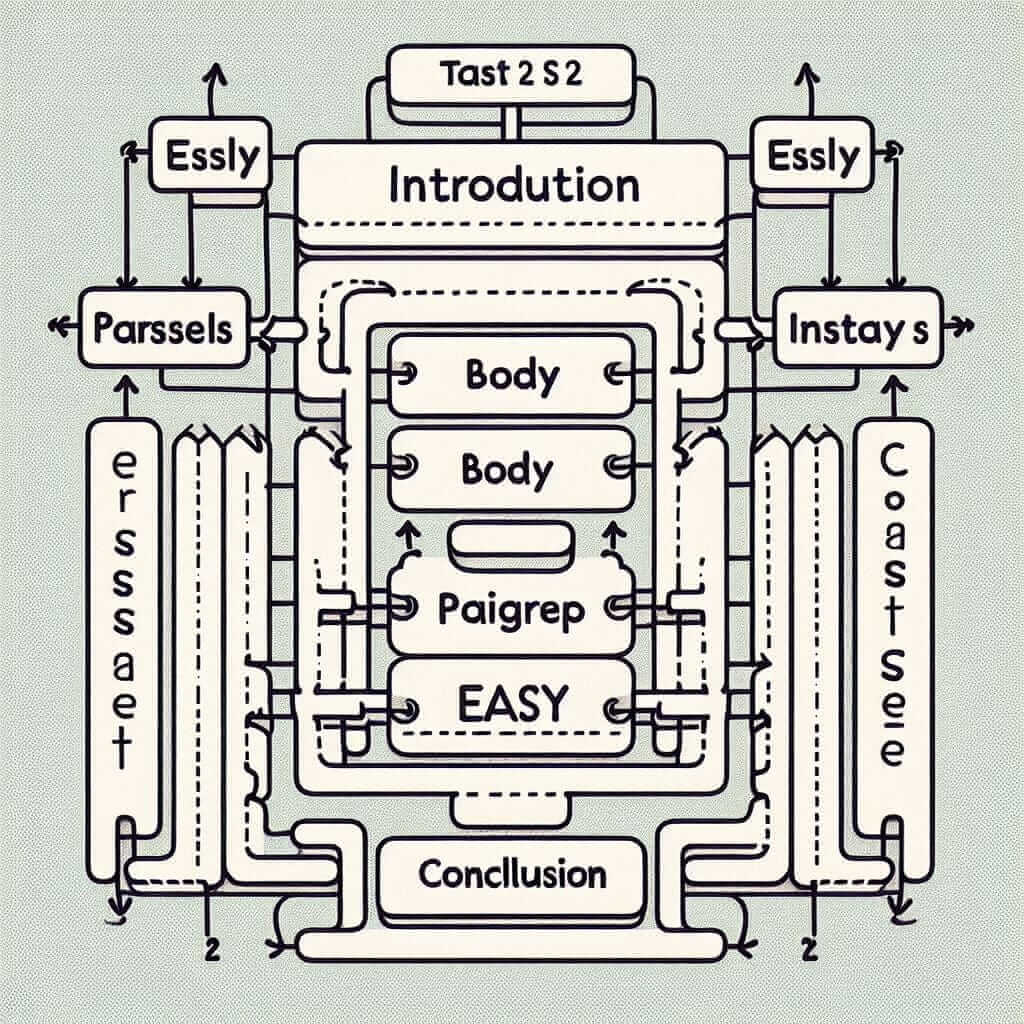The Importance of IELTS Writing
The IELTS Writing test is often seen as one of the most challenging parts of the exam. This is because it assesses not only your English language skills but also your ability to formulate and express complex ideas clearly and effectively within a limited time frame. Scoring high in this section can be your ticket to academic opportunities, career advancements, and global mobility.
Understanding the IELTS Writing Tasks
Before diving into specific tips and strategies, it’s crucial to understand the structure and requirements of the two tasks you’ll encounter in the IELTS Writing section.
Task 1 (Academic): You’ll be presented with a visual representation of data (a graph, chart, table, or diagram) and asked to summarise, describe, or explain the information in your own words. You’ll need to write at least 150 words for this task.
Task 2 (Academic & General Training): This task requires you to write an essay in response to a given point of view, argument, or problem. You need to provide your own opinions, supported by relevant examples and evidence. The minimum word count for this task is 250 words.
Mastering IELTS Writing: Key Strategies and Techniques
1. Build a Strong Foundation
- Expand Your Vocabulary: A rich vocabulary is essential for expressing yourself precisely and effectively. Make a habit of learning new words and their different usages in various contexts.
- Grammar Matters: Solid grammar forms the backbone of your writing. Brush up on your grammar rules, particularly tenses, sentence structures, and punctuation.
- Practice Makes Perfect: Regular writing practice is non-negotiable. Set aside dedicated time to write on diverse topics and in both Task 1 and Task 2 formats.
2. Conquering Task 1: Academic Writing
- Analyse the Visual: Before you begin writing, carefully study the provided visual. Identify the key trends, patterns, and any significant information.
- Paraphrase Effectively: Use synonyms and different grammatical structures to avoid directly copying language from the question prompt.
- Structure is Key: Organize your response logically with a clear introduction, body paragraphs focusing on key features, and a concise conclusion.
- Mind the Details: Pay attention to accuracy when describing data. Use appropriate vocabulary for describing trends (e.g., increase, decrease, fluctuate) and comparisons.
3. Excelling in Task 2: Essay Writing
- Planning is Crucial: Invest time brainstorming ideas and creating a clear outline before you start writing. This will help you structure your essay logically and ensure you address all aspects of the task.
- Develop Your Arguments: Support your opinions with relevant examples, evidence, or anecdotes. Avoid making generalisations without proper justification.
- Cohesion and Coherence: Use linking words and phrases (e.g., however, in addition, furthermore) to connect your ideas smoothly and create a cohesive flow in your writing.
- Varied Sentence Structure: Employ a mix of simple, compound, and complex sentences to enhance the readability and sophistication of your writing.

4. Essential Tips for Success
- Manage Your Time: Practice writing within the allocated time limits to avoid feeling rushed during the exam.
- Proofread Carefully: Leave a few minutes at the end to review your work for any grammatical errors, spelling mistakes, or unclear phrasing.
- Seek Feedback: Having a teacher or native speaker review your writing can provide valuable insights and help you identify areas for improvement.
Example: Analysing a Task 2 Question
Question: “Some people believe that social media has had a negative impact on personal relationships. To what extent do you agree or disagree?”
Breakdown:
- Keywords: social media, negative impact, personal relationships
- Task: Express your opinion on the given statement and provide reasons and examples to support your viewpoint.
Conclusion
Mastering IELTS Writing requires dedication, focused practice, and a strategic approach. By understanding the test format, developing your language skills, and implementing the techniques outlined in this guide, you can confidently approach the writing section and achieve your desired band score. Remember, consistent effort and expert guidance are invaluable assets on your journey to IELTS success.